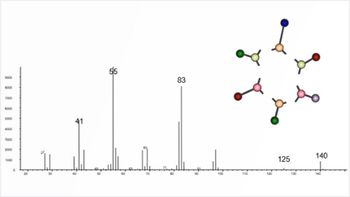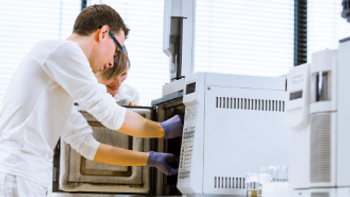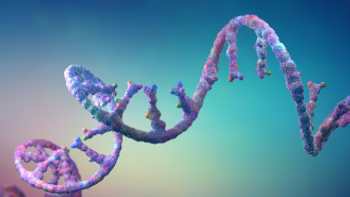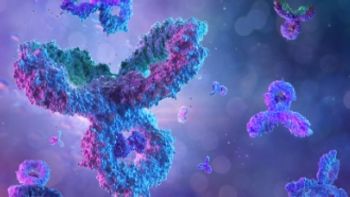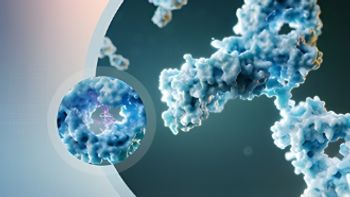
Improving LC Methods for Sustainability and Separation Goals While Complying With USP Guidelines
Webinar Date/Time: Thu, Jun 29, 2023 12:00 PM EDT
Tasked with the challenge to increase laboratory productivity and sustainability goals, but existing LC methods have been around since the printing press? Learn how column technology can speed up separations, improve chromatographic efficiencies, and save solvent by modernizing existing isocratic or gradient methods while complying with new USP <621> guidelines.
Register Free:
Event Overview:
Whether the goal is to reduce time and/or solvent to meet current laboratory demands, there are many existing HPLC methods that could benefit from modernization. The days of hour-long methods for impurity analysis are becoming a thing of the past. With smaller particle size, shorter length, and smaller I.D. superficially porous particle columns, the throughput of classic methods can be significantly increased. Now that changes are allowed to gradient United States Pharmacopeia (USP) methods, the door to time and solvent savings has been opened.
Key Learning Objectives:
- Review allowable changes with USP <621> and employing SPP column technology for method improvements.
- Understand the impact and benefits of using smaller I.D. analytical columns.
- Review examples of both isocratic and gradient method modernization.
Who Should Attend:
- New and experienced chromatographers running USP or regulated methods and looking for improvements
- Method developers
- Anyone who wants to learn how to save time and solvent with new column technology
Speaker:
Stephanie A. Schuster, Ph.D.
Senior Technical Support Scientist
Advanced Materials Technology, Inc.
Dr. Stephanie A. Schuster earned her Bachelor of Arts degree in Chemistry and Biochemistry in 1998 at La Salle University, where she graduated cum laude from the Honors Program. She earned her Ph.D. in 2007 under the guidance of Professor Joe P. Foley at Drexel University. Her doctoral dissertation focused on the use of vesicles as pseudostationary phases in capillary electrophoresis. This system was investigated as a potential in vitro model for intestinal permeability.
After earning her Ph.D. at Drexel, Dr. Schuster joined Atlantic Diagnostic Laboratories (ADL), a combined clinical and forensic testing laboratory. While at ADL, she authored a procedure manual and co-authored or contributed to other documentation in preparation for College of American Pathology (CAP) inspection. She played an instrumental role in implementing general laboratory improvements (appropriate labeling, daily maintenance logs, etc.) in accordance with CAP guidelines. Dr. Schuster also assisted with method development using an Applied Biosystems 3200 Q TRAP LC/MS/MS System.
Beginning in June of 2009, Dr. Schuster joined Advanced Materials Technology, Inc. (AMT) located in Wilmington, DE as a research scientist working with Dr. Jack Kirkland, providing contributions to the commercial development of products specifically designed for the separation of peptides and proteins. During the summer of 2015, Dr. Schuster began to transition away from research and development activities and more toward applications development and quality assurance. She is currently a Senior Technical Support Scientist at AMT. As such, Dr. Schuster works closely with AMT’s worldwide network of distributors and assists customers with optimizing and trouble-shooting their applications. Her primary interests are separations and novel materials development. Dr. Schuster has several peer-reviewed articles and is currently a member of the Chromatography Forum of the Delaware Valley.
Register Free:
Newsletter
Join the global community of analytical scientists who trust LCGC for insights on the latest techniques, trends, and expert solutions in chromatography.

